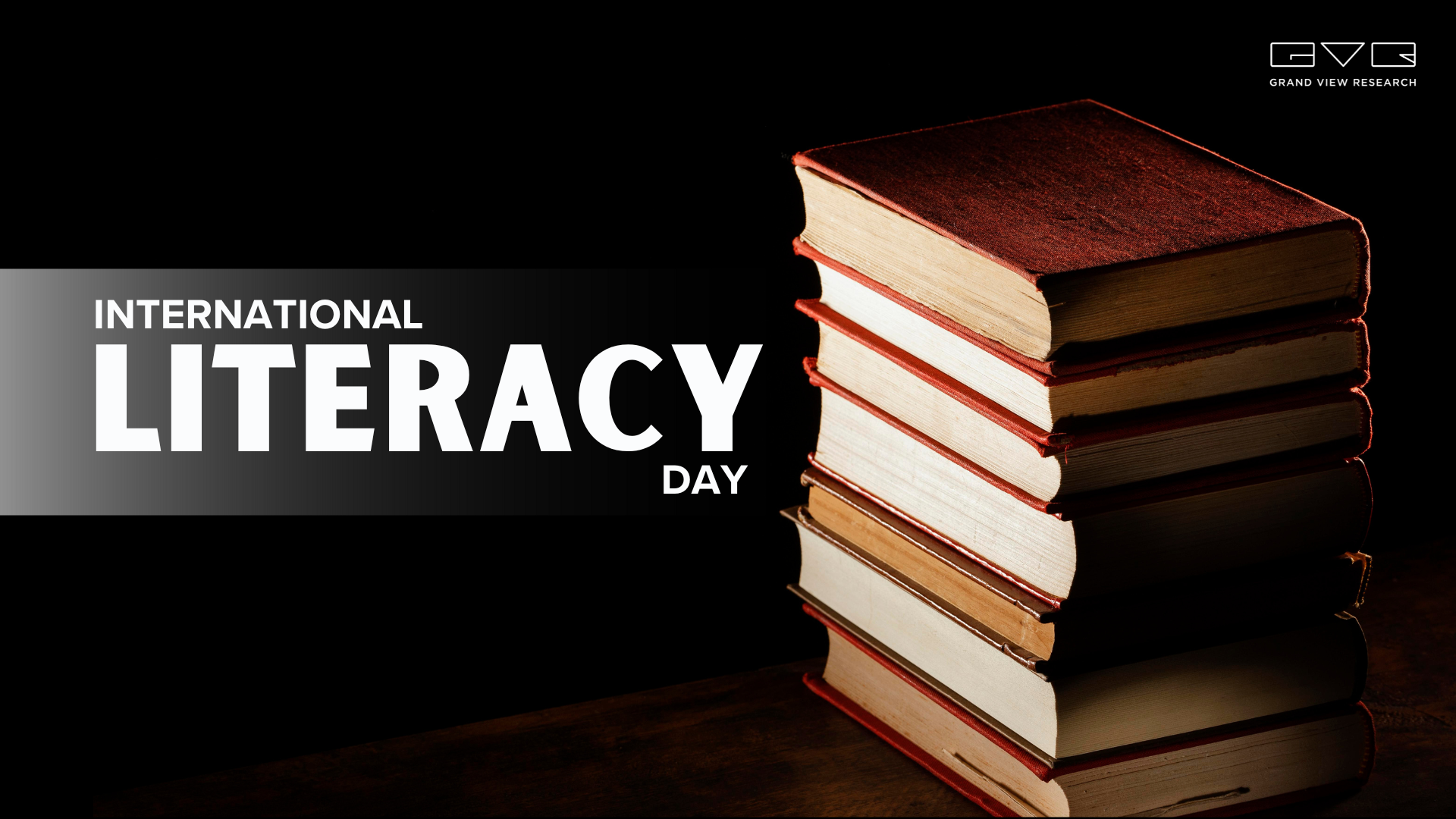International Literacy Day 2024: A Bridge Connecting Education and Technology
International Literacy Day takes place every year on September 8th to raise awareness to create a more literate, peaceful, just and sustainable society. Under the aegis of UNESCO who pioneered International Literacy Day (ILD) in 1967, the revered day of September 8th 2024 will be celebrated under the theme “Promoting multilingual education: Literacy for mutual understanding and peace.” Nevertheless, multilingualism, empowered by advanced technologies, engineers socio-economic, pedagogical and cognitive benefits for education and literacy development.

Literacy opens a gateway to endless opportunities amidst a vast chasm left by the shortage of basic literacy skills. UNESCO reports that 765 million adults aged 15 and above lacked basic literacy skills in 2022. The ILD 2024 is an opportune time to boost lifelong learning systems, practices, programs and governance. In essence, concerted efforts on literacy can empower women and other disadvantaged people to partake in economic, social, political and cultural activities, helping them underscore psychological, cognitive, economic and socio-cultural benefits. For instance, literate mothers are highly likely to enroll and keep their children in school.
The idea of literacy goes beyond knowing how to read and write. Experts opine that using a smartphone or computer, creating a document on a computer, and using a web browser may fall under the ambit of literacy.
When it comes to achieving the literacy vision in today’s world, stakeholders are expected to jump on the bandwagon-embracing digital technologies-to enhance access and quality in a technologically-rich environment. Industry watchers suggest “Metaverse” could represent a watershed progress to foster literacy.
Confluence of Metaverse in Education
The UNESCO Strategy for Youth and Adult Literacy (2020-2025) is a good omen to build a digital learning environment to bolster the acquired literacy skills. The Member States have the back of UNESCO in fostering digital technologies, artificial intelligence and open education resources (OER). The next evolution of the internet-metaverse-has come to the fore to redefine the education technology industry. Technology behemoths such as Mark Zuckerberg and Satya Nadella are optimistic about the wave created by the metaverse.
In common parlance, metaverse in education alludes to the use of virtual, augmented and mixed realities to provide an immersive learning experience. The innate ability of the bespoke solution is nothing short of a metamorphosis, leveraging interactive learning, simulating real-world scenarios and bringing students and teachers together remotely in shared spaces.
-
Extended reality (XR)-AR, VR and MR-is the blueprint for advancements in education methodologies. VR headsets can transport learners to a whole new environment, while MR blends physical and virtual environments. Besides, AR glasses are expected to project computer-generated images onto the ambiance around the user.
-
Metaverse includes AI, 5G, blockchain, edge computing, content creation and other elements.
-
Focus on collaboration and personalized learning experiences is one of the hallmarks of the metaverse.
-
The digital space helps learners visit libraries, zero-in-on various learning pods and meet counselors and coaches.
-
In January 2024, the University of Glasgow cited a survey by the International Society for Technology in Education (ISTE) and the XR Association (XRA), which noted that 77% of educators believed immersive technologies ignite curiosity and engagement in class.
-
Metaverse could complement educational tourism to help learners study new things, learn about foreign cultures and engage in study tours. In February 2023, King Sejong Institute Foundation, under the aegis of the Ministry of Culture, Sports, and Tourism of the Republic of Korea, rolled out Metaverse King Sejong Institute for non-Koreans who are learning Korean as a second language.
Promising Horizon of Healthcare Education
Healthcare education is a cry to surmount the pervasive health inequality and misinformation. According to the U.K. NHS, more than 6 in 10 adults grapple with health content that has statistics and numbers. Low health literacy is often linked to low vaccination uptakes, increased hospital admissions and poor general health. For instance, people lacking health literacy may struggle to decipher spoken or written health information, increasing the possibility of worse health outcomes.
Communities with language barriers and people living with dementia and learning disabilities are prone to health inequalities. Healthcare education becomes essential to reduce inequalities: health information can help in taking medications correctly. The U.K. NHS reported a real example, inferring that a man did not turn up for the cancer test as he believed the X-ray department and radiology were different things.
Healthcare professionals and educators can create campaigns (using jargon-free language), along with videos and handouts to propel the sustainable development agenda. In line with this, digital health literacy has become the trailblazer in fostering healthcare education.
-
Gamification can narrow the literacy gap as it can effectively teach complex procedures using games and quizzes.
-
AR and VR have garnered popularity for enhancing patient education and helping them understand treatment options and conditions.
-
Social media as a literacy-boosting tool is arguably a boon.
-
Digital learning platforms, such as Coursera, LinkedIn Learning and Google Classroom, can offer real-time support and enhance learning experience.
-
Pictorial health warnings
are a cost-effective mode to boost health literacy and alert consumers to health hazards.
Upshot
Illiteracy continues to plague the world and deters social, economic and cognitive growth. Indeed, literacy is a matter of human rights and dignity. In doing so, metaverse in education can not only captivate individuals but also bolster collaboration and critical thinking. As the world stands on the critical juncture of the digital disruption in the education technology industry, it is the responsibility of all the concerned stakeholders to navigate the opportunities and democratize education.
To schedule a free market intelligence database demo, please complete the form below:
Service Guarantee
-
Insured Buying
This report has a service guarantee. We stand by our report quality.
-
Confidentiality
Your transaction & personal information is safe and secure.
-
Custom research service
Design an exclusive study to serve your research needs.
-
24/5 Research support
Get your queries resolved from an industry expert.